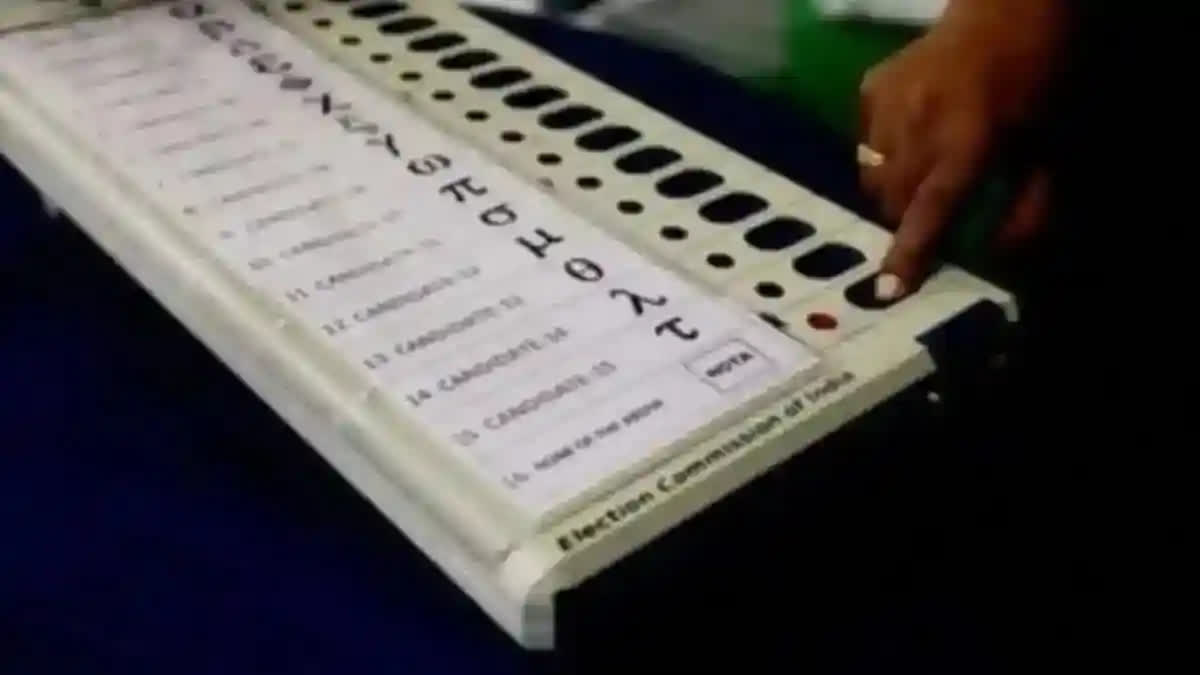Ranchi:Come May 13, many interior areas in the Maoist den of Singhbhum Lok Sabha seat in Jharkhand will witness voting for the first time, or after a decades-long gap, as polling teams and materials will be airdropped from helicopters to enable people living in Saranda, Asia's densest Sal forest, to exercise their franchise.
As many come May 13, many interior areas in the Maoist den of Singhbhum Lok Sabha seat in Jharkhand will witness voting for the first time, or after a decades-long gap, as polling teams and materials will be airdropped from helicopters to enable people living in Saranda, Asia's densest Sal forest, to exercise their franchise.
As many as 118 remote booths will be set up by personnel and materials dropped from choppers. "We are committed to ensuring that no voter is left out... we have identified many areas where polling will be conducted for the first time or after nearly two decades as these locations were badly affected by Maoist insurgency," West Singhbhum Deputy Commissioner cum District Election Officer Kuldeep Chaudhary told PTI.
Despite improvement in the situation, West Singhbhum remains one of the worst left-wing extremism-affected districts of the country. It had witnessed 46 Maoist-related incidents resulting in 22 deaths last year. Polling stations such as Middle School, Nugdi and Madhya Vidyalaya, Borero will witness voting for the first time this election, the DC said.
"As many as 118 booths in difficult locations such as Robokera, Binj, Thalkobad, Jaraikela, Roam, Rengrahatu, Hansabeda and Chhotanagra have been identified for air dropping. In some areas, polling parties will have to walk for 4-5 km. We are ensuring that no area remains untouched this time," Chaudhary said.
Thalkobad and about two dozen other villages were earlier dubbed as "liberated zones" but the administration succeeded in establishing its presence through massive operations by security forces, including Operation Anaconda. A total of 15 new camps of security forces have been established in the region.
"Besides helicopters, polling parties will travel through trains and roads. As many as 121 teams will be dispatched by trains, for which dry runs have been conducted. Teams on foot have to reach cluster points, and then go to polling stations. By 5.30 am on the polling date, all teams must reach the stations to conduct mock polling," he said.
